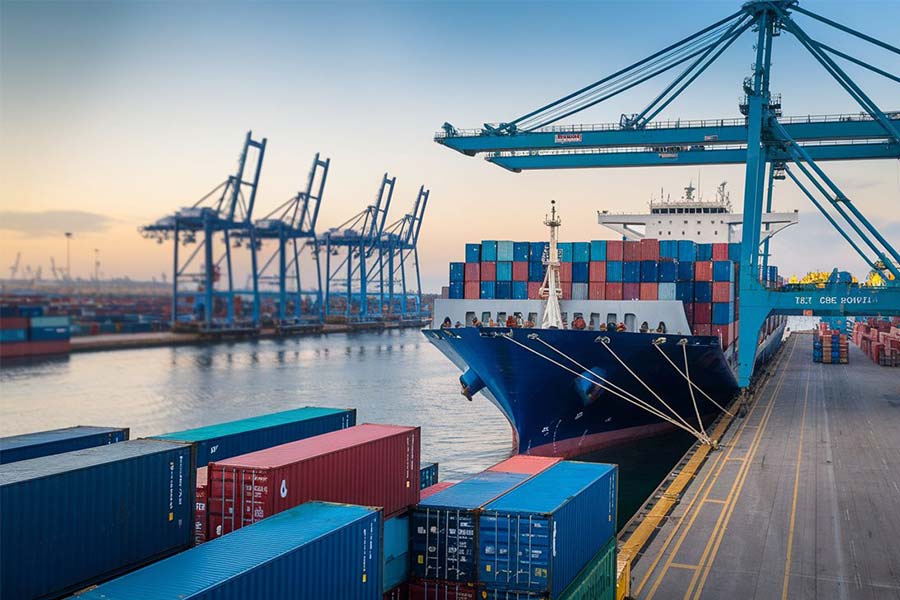- Shanghai Zhongshen International Trade Co., Ltd. - Two decades of trade agency expertise.
- Service Hotline: 139 1787 2118

Contents
ToggleuniversitiesEquipment ImportsThe "hidden cost" map of
According to the latest customs data in 2025, the import value of scientific research equipment for China's universities increased by 18.7% year-on-year. However, 23% of the projects experienced budget overruns due to improper calculation of agency fees. Agency service fees are not simply "service commissions" but encompass three core modules:
- Customs declaration central system: HS Code Classification Service (average processing time: 8-12 working hours per order)
- Logistics matrix network:
- Precision Instrument Constant Temperature Transport Surcharge (Regular Freight × 1.5-3 times)
- Leasing fee for hazardous chemical special cabinets ($800-1200/cabinet)
- Technical compliance firewall: ECCN Export Control Screening (Mandatory)
The Four Benchmark Lines for Agency Fee Pricing
The quotation system of professional agency companies complies with the ISO 20400 Sustainable Procurement Standard, with key evaluation dimensions including:
- Equipment Risk Classification: Class III medical devices incur a 20% additional service fee compared to conventional equipment.
- Trade Term Selection:The DDP terms include 15 additional cost items compared to the FOB terms.
- Tax exemption qualification review:Tax exemption application for scientific and educational supplies saves 13-17% in costs.
- Emergency Response Fund:The demurrage reserve typically accounts for 2% of the total amount.
New Standards for Proxy Service Selection in 2025
In response to the Ministry of Finance's newly issued "Administrative Measures for the Import of Scientific and Educational Equipment," high-quality agency service providers should possess:
- Three-way matching capability: The data consistency among the proforma invoice, packing list, and declaration form must be ≥98%.
- AEO certification qualification: Customs Advanced Certified Enterprises experience a 40% improvement in customs clearance efficiency.
- Professional Equipment Database: HS code cross-reference table covering 60+ disciplines
- Customs duty guarantee service: Achieve "release before tax payment" through a bank guarantee.
Practical cases of cost optimization
Typical Issues Encountered by a "Double First-Class" University with Imported Cryo-Electron Microscopes:
- The initial quote omitted the deposit for the liquid nitrogen transport tank ($1,500 per trip).
- Failure to apply for CCC catalog exclusion identification resulted in a 7-day port detention (incurring a cost of $4200).
- Solution: Enable the "End-to-End Hosting" service model, ultimately reducing overall costs by 19%.
Service Value Assessment Model
It is recommended that university procurement departments establish a KPI system for agency service providers:
- Document Accuracy Rate (Weight 30%)
- Abnormal response speed (weight 25%)
- Tax-free declaration success rate (weight 20%)
- Granularity of Cost Breakdown (Weight: 15%)
- Timeliness of Policy Updates (Weight: 10%)
Related Recommendations
? 2025. All Rights Reserved. Shanghai ICP No. 2023007705-2  PSB Record: Shanghai No.31011502009912
PSB Record: Shanghai No.31011502009912










